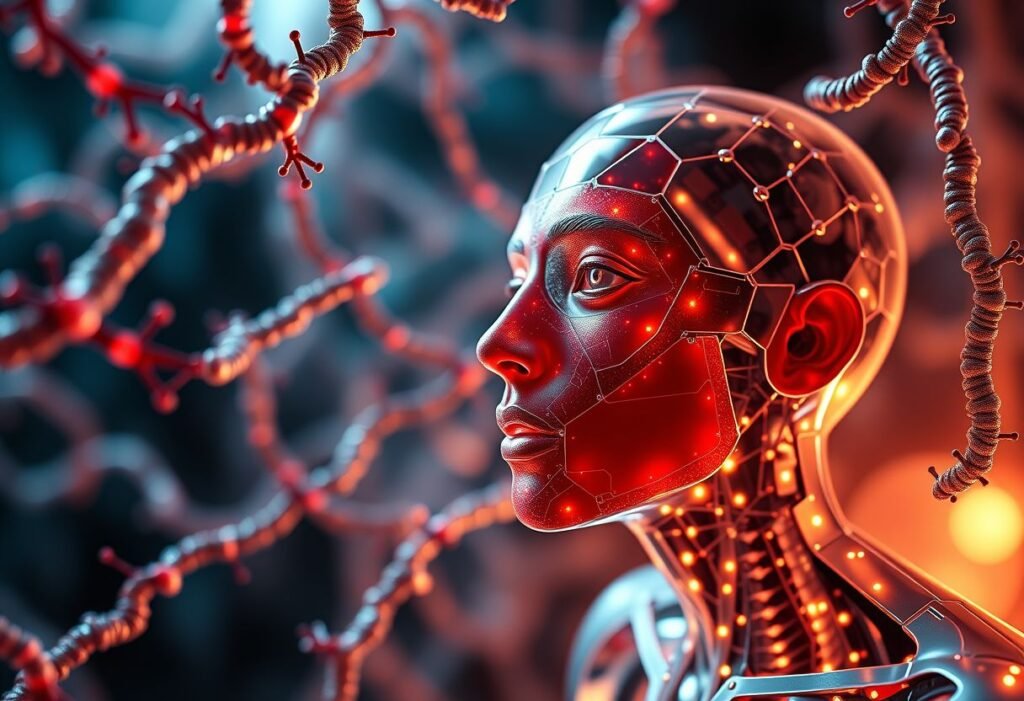The ethical considerations surrounding biotechnology in human enhancement are increasingly vital in the realm of innovation. As we delve deeper into genetic engineering and other biotechnological advancements, it is essential to examine the potential implications on society, health, and morality.
The Role of Biotechnology in Human Enhancement
Biotechnology plays a crucial role in human enhancement by providing innovative solutions for a variety of health and performance issues. Techniques such as gene editing have opened the doors to the possibility of eradicating genetic diseases and enhancing physical and mental abilities. However, the potential outcomes of these enhancements are not entirely understood, and ethical questions surrounding equity and accessibility must be addressed to ensure that biotechnology benefits everyone and does not exacerbate existing disparities.
The Ethical Implications of Genetic Engineering
As genetic engineering continues to advance, the possibilities for enhancing human traits become more complex. The ability to modify genes raises significant ethical concerns, particularly regarding consent and the potential for unintended consequences. It is essential to establish a framework that considers the long-term effects of these modifications, as well as the rights of future generations. Balancing innovation with responsibility is crucial in navigating the landscape of human enhancement through biotechnology.
The Balance Between Innovation and Safety
While innovation is the driving force behind many biotechnological advancements, safety is a paramount consideration. Regulatory bodies must ensure that new techniques undergo rigorous testing before being implemented. The importance of clinical trials cannot be overstated; they are vital for understanding the risks and benefits of enhancements. Moreover, the transparency of the processes involved in biotechnology can build trust and ensure public support for innovations that promote human well-being.
Societal Impacts of Enhanced Humans
The rise of enhanced humans presents a myriad of societal implications. Enhanced individuals may experience different social dynamics, including potential stigmas or biases against those who have not undergone enhancements. Additionally, there exists a risk of creating a divide between those with access to enhancement technologies and those without, further complicating the social fabric and exacerbating inequalities. Societies must engage in discussions about inclusiveness and the collective future to address these disparities effectively.
The Future of Human Enhancement Technologies
Looking ahead, the future of human enhancement technologies promises a range of possibilities. With advancements in biotechnology, we may witness revolutionary changes in healthcare and personal capabilities. However, ongoing dialogues about the ethical considerations of these innovations are essential. Stakeholders, including scientists, ethicists, and the public, must collaborate to set appropriate guidelines ensuring that these technologies are developed responsibly and equitably.
The Importance of Ethical Guidelines in Biotechnology
Establishing ethical guidelines is imperative for the responsible advancement of biotechnology in human enhancement. These guidelines should prioritize human dignity, respect, and responsibility, ensuring that innovations serve the greater good. Engaging diverse communities in discussions about biotechnology can promote understanding and democratic involvement, empowering society to embrace the potential benefits while safeguarding against undue risks. Ethical considerations must be at the forefront as we navigate this evolving landscape.
Disclaimer: The content provided in this article is for informational purposes only and should not be construed as medical advice or a substitute for professional consultation.





















